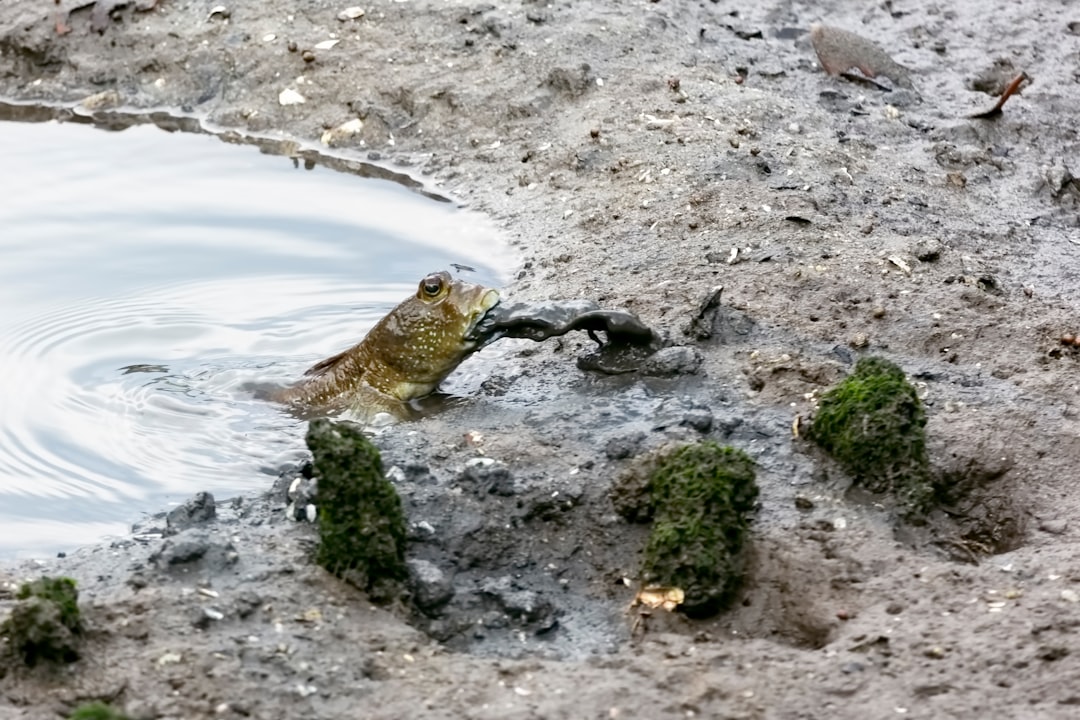What is it about?
Excess nitrogen (N) in freshwaters is problematic due to its impacts on eutrophication, biodiversity losses, and harmful algal blooms. Some microbial processes such as denitrification and anammox can remove N from systems while others such as N-fixation can add a usable form of N. However, not enough is known about when and where these competing processes are occurring in lakes, and understanding this can provide insight to management. Here, we determined that nearly all of the 34 lakes that we examined in the upper Midwest had a net loss of N2 that must be compensated by watershed inputs to maintain steady state. These results suggest that N-fixation in these lakes was not enough to offset denitrification and anammox.
Featured Image

Photo by Aaron Burden on Unsplash
Why is it important?
This research is the beginning in understanding multiple nutrient management strategies to combat eutrophication of freshwater systems.
Read the Original
This page is a summary of: Upper Midwest lakes are supersaturated with N
2, Proceedings of the National Academy of Sciences, July 2020, Proceedings of the National Academy of Sciences,
DOI: 10.1073/pnas.1921689117.
You can read the full text:
Contributors
The following have contributed to this page










